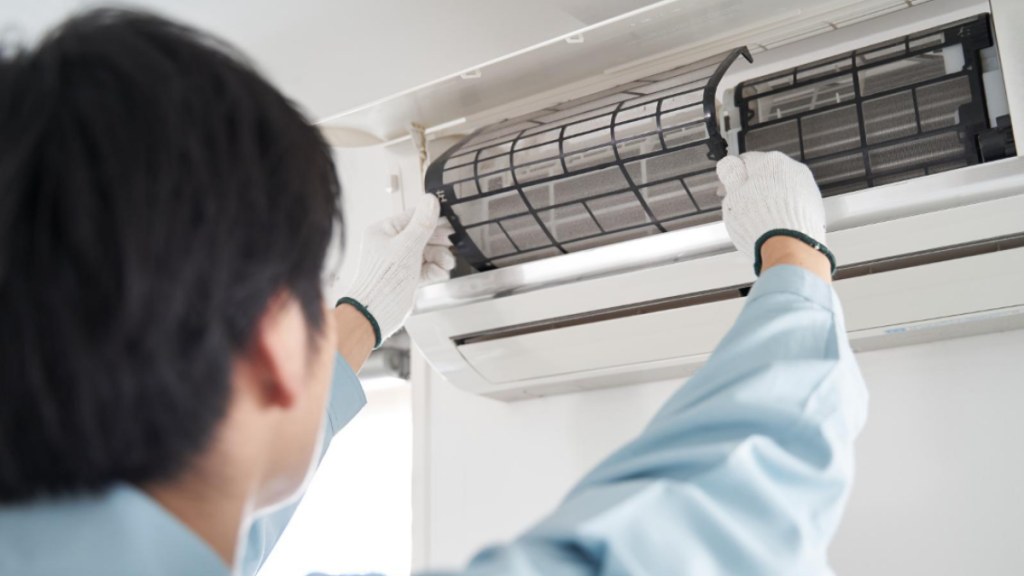What type of filter does a mini split use?
Mini-splits, or ductless air conditioners, have become increasingly popular due to their energy efficiency and flexibility in cooling different home zones. But have you ever wondered what type of filter these units use? Unlike central air conditioning systems that typically use disposable fiberglass filters, mini splits use a washable filter that helps to capture unwanted particles in the air, such as dust, pollen, and pet dander. This reusable filter can be easily removed and cleaned, making maintenance a breeze. With a clean filter, mini splits can effectively and efficiently cool your home while improving indoor air quality.
How often should I clean mini-split filters?
As a mini-split owner, it is important to remember the importance of regular maintenance to keep your AC in tip-top shape. One of the most critical components to maintain is the filter. Mini split filters should be cleaned at least once a month, especially during peak usage. Regularly cleaning the filter ensures that your AC is running efficiently and effectively while improving the overall air quality in your home. It is a small task that can make a big difference in extending the lifespan of your mini-split and keeping your home comfortable all year round.
How do you clean a split system filter?
The split system filter in your air conditioner is an essential component that needs to be kept clean to ensure optimal air quality as well as the efficiency of your unit. Cleaning the filter is not difficult, but it is important to do it right. First, switch off the unit and remove the filter from its position. You can wash it under running water or use a soft brush to remove the dust and debris. Be gentle and avoid any damage to the filter. Once it is clean, let it dry completely before reinstalling it. This maintenance task should be performed regularly, and it will help you save on energy costs and keep your air conditioner running smoothly.
What happens if I run my AC without a filter?
Running your air conditioner without a filter may seem like a minor inconvenience – it is just a small piece of equipment. However, this simple act can majorly affect your health and wallet. Without a filter, your AC cannot trap dust, pollen, and other airborne irritants, which can quickly build up in your home. Over time, this can seriously affect your respiratory health, aggravating allergies and causing illness. Moreover, a clogged system can put an immense strain on your AC’s motor, significantly increasing your energy costs and shortening the lifespan of your air conditioning unit. In short, neglecting to install a filter is not only bad for your health but can also be costly.
What happens if the AC filter is not changed?
As most homeowners know, changing the air conditioning filter is essential to routine maintenance. However, if this task is neglected, the consequences can be more severe than poor indoor air quality. A clogged AC filter can cause your system to work harder, resulting in higher energy bills and potentially even a breakdown. Additionally, a dirty filter can lead to reduced airflow, which makes it harder to achieve the desired temperature in your home. Over time, this can cause wear and tear on your air conditioning unit, shortening its lifespan and leading to costly repairs. So, do not overlook the importance of changing your AC filter regularly.

